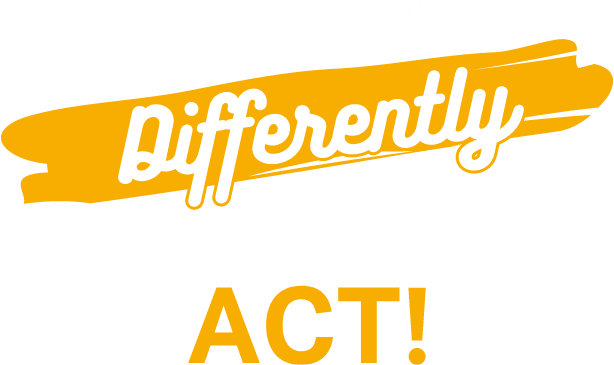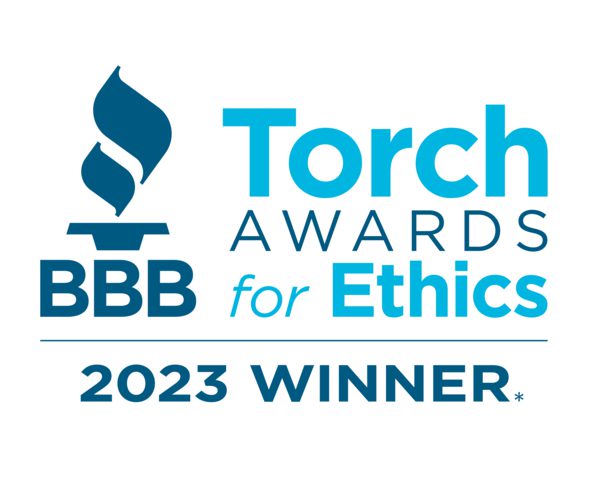
Disability is the biggest minority group you can join at any time.
More Than Meets The Eye.
People meeting Perrigrine Garner for the first time rarely detect her cerebral palsy symptoms. Perhaps they can’t see beyond her unique determination.
A stroke as an infant affected Perrigrine Garner’s motor skills, something few people can detect in her physical manners.
Even now, people meeting Perri for the first time rarely detect her CP symptoms. On days when she experiences pain or stiffness, those who know her well might spot a slight limp or drooping and ask whether something is wrong.
“Sometimes, I wish my condition was more obvious,” says Perrigrine. “Most people think of me as having a driven, headstrong personality. But when they discover that I have cerebral palsy, some feel sorry for me.”
The last thing Perri wants is sympathy. “I’m the same capable person they knew before, and I’ve never let cerebral palsy stand in the way of achieving my goals.”
Perrigrine attends the University of Toledo’s College of Pharmacy and Pharmaceutical Sciences, pursuing a pharmacy career to help others with disabilities improve their quality of life. Her dream is to own a pharmacy business and employ people with disabilities.
Perri’s experience with a long-overlooked CP diagnosis taught her the significance of a team-based perspective on healthcare. With that in mind, she serves as vice president of the Interprofessional Approach to Patient Care Student Council.
Perrigrine strives to be a good role model for her three daughters. Toward that end, once she completes her education, she plans to become an advocate on behalf of Toledo’s disability community.
Authentic Authors
Rewriting the story of disability told by the people who live it. Aiming to transform the community’s beliefs and redefine what people with disabilities believe about themselves.
On the Menu (Lunch and Learn Series)
We bring it all together by diving into a broad range of topics impacting people with disabilities. We bring in subject matter experts and community members to gain tactical knowledge and network with peers in the space.
Signature Events
Series of events hosted or sponsored by The Ability Center offered to the public promoting and encouraging inclusion for all.
68 Words
Sharing first-hand experiences in our monthly podcast about people, places, and spaces doing disability differently. Inspired by the 68 words that sparked the disability rights movement—learn where it started and what’s next.
If any content ideas, email: info@abilitycenter.org
Appearances Can Be Deceiving.
Brittanie Maddox proves that not all disabilities are visible and that some disability rights advocates are tougher than they look.
Brittanie Maddox knows that not all disabilities are visible, and she’s reminding others through her advocacy.
Not all disabilities are immediately visible, explains Brittanie, which makes related discrimination a double-edged sword. Biases associated with obvious disabilities create roadblocks to opportunities that encourage individuals to downplay their burdens. On the other hand, access to essential resources frequently requires individuals to meet preconceived notions of how being disabled looks.
Severe pain caused by two autoimmune disorders—Rheumatoid Arthritis and Ulcerative Colitis—often exhausts Brittanie’s capacity to do everyday physical tasks. But she knows that appearances matter.
“Like many people with invisible disabilities, I find myself torn between trying to pass as totally able and being open about my physical challenges,” says Brittanie.
After becoming a self-taught advocate for herself and her son, Lincoln, Brittanie returned to school and earned a Bachelor of Arts in Disability Studies at the University of Toledo. She now works as the Ability Center’s Disability Rights Advocate and specializes in Healthcare and Public Access.
Brittanie recently made a presentation concerning ADA accommodations to the Ohio Governor’s office and assisted the Ohio Olmstead Task Force (OOTF) in writing a letter on accommodations. She also convinced the Governor’s office to provide voice-to-text translation services during a state public workgroup on the Direct Care Crisis.
“I want people to know that it’s okay to ask for help and that no one should make them feel bad for doing so,” says Brittanie.


